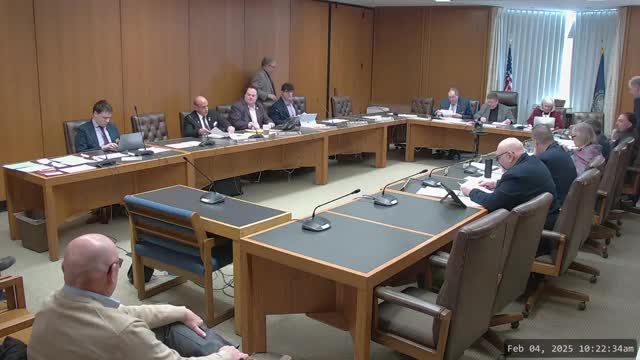Article not found
This article is no longer available. But don't worry—we've gathered other articles that discuss the same topic.
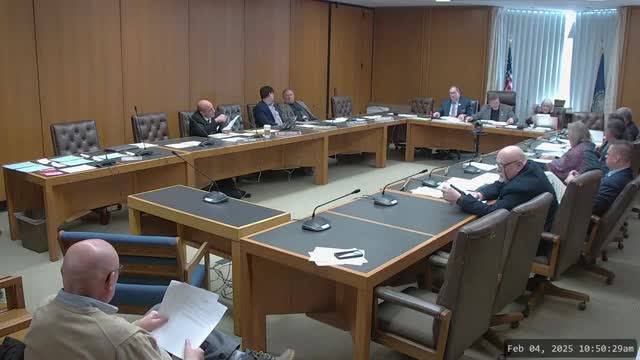
Committee hears bill to ban smoking, e‑cigarette use in vehicles with under‑16 passengers; members question enforceability
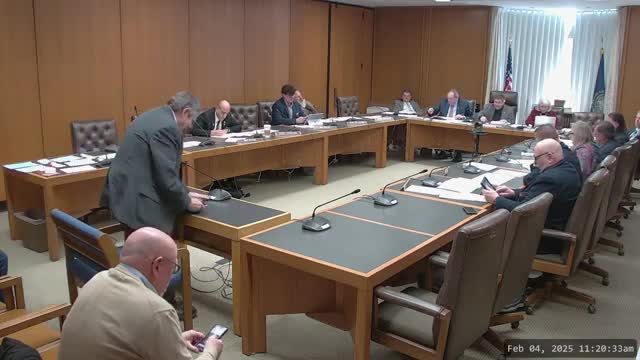
Bill would require headlights when windshield wipers are in use in limited conditions
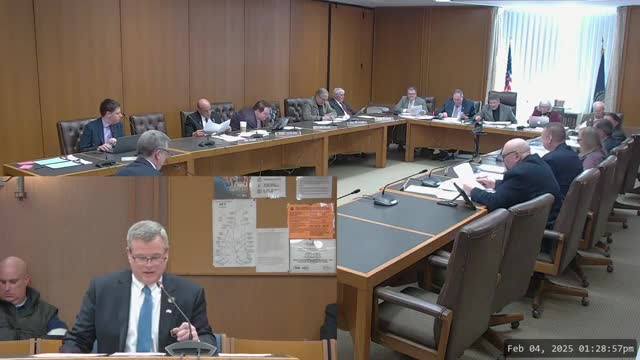
Committee hears bill to stop suspending licenses for non‑driving fines
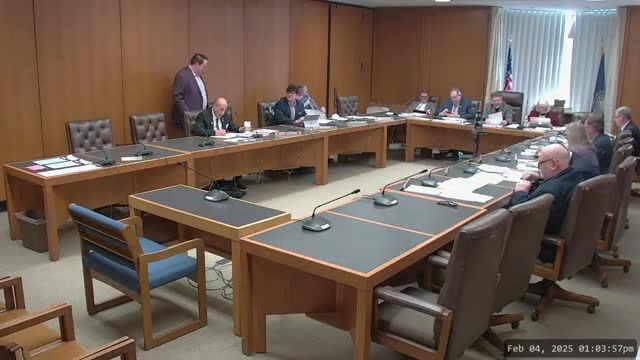
Bill would bar DMV from suspending licenses over private towing/storage debt
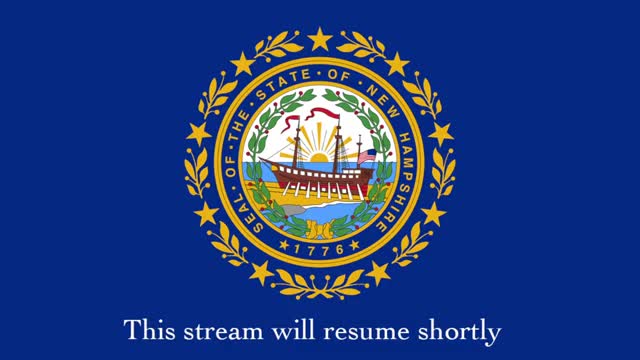
Lawmakers consider adding retired fire apparatus to antique‑vehicle exemption
